
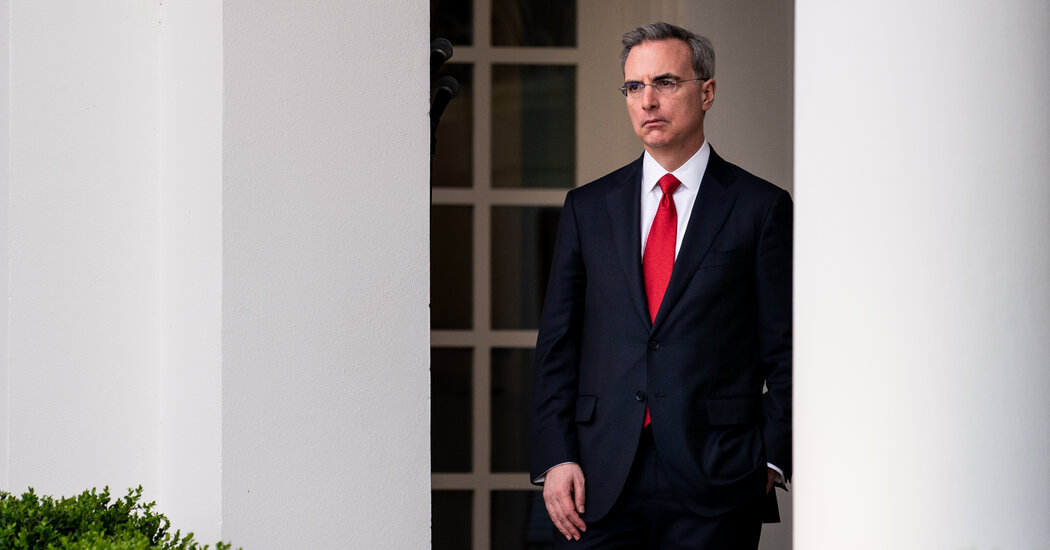
WASHINGTON — The House committee investigating the Jan. 6 attack on the Capitol issued a subpoena Wednesday for the testimony of Pat A. Cipollone, the White House counsel to President Donald J. Trump who repeatedly fought back against extreme plans to overturn the 2020 election, after he resisted testifying publicly.
In a statement accompanying the subpoena, the leaders of the committee said they were seeking Mr. Cipollone’s deposition testimony because investigators needed to “hear from him on the record, as other former White House counsels have done in other congressional investigations.”
The committee said it was seeking information about Mr. Trump’s efforts to overturn the 2020 election and his involvement in plans to submit false slates of electors to Congress and interfere with the Justice Department.
The subpoena of a White House counsel, a rare step for a congressional committee, sent a clear signal of the aggressive tactics the panel is willing to use to try to force cooperation of even the White House’s former top lawyer, who most likely could invoke attorney-client privilege in response to many questions. But the testimony of Mr. Cipollone — who participated in key conversations on Jan. 6 and throughout Mr. Trump’s efforts to overturn the election, and is known to have doubted the legality of many of those plans — could prove consequential.
The committee has at times used the leverage a subpoena creates to force witnesses to negotiate a deal for their cooperation.
“Any concerns Mr. Cipollone has about the institutional prerogatives of the office he previously held are clearly outweighed by the need for his testimony,” Representative Bennie Thompson, Democrat of Mississippi, and Representative Liz Cheney, Republican of Wyoming, said in a statement.
A lawyer familiar with Mr. Cipollone’s deliberations, who was not authorized to speak for the record, said that the subpoena was needed before the former White House counsel could consider transcribed testimony before the committee, and that Mr. Cipollone would now evaluate matters of privilege as appropriate.
In April, Mr. Cipollone and Patrick F. Philbin, who was his deputy, met separately with the panel, two people familiar with the sessions said, speaking on the condition of anonymity because they were not authorized to disclose the meetings.
At the time, the two men were not under oath, and their interviews were not transcribed. Since then, Mr. Cipollone has resisted testifying publicly, despite calls from the committee for him to do so.
“Our committee is certain that Donald Trump does not want Mr. Cipollone to testify here. But we think the American people deserve to hear from Mr. Cipollone personally,” Ms. Cheney announced from the dais at a hearing last week. “He should appear before this committee, and we are working to secure his testimony.”
At a hearing on Tuesday, the committee heard testimony from a former White House aide, Cassidy Hutchinson, who described Mr. Cipollone’s pivotal role during the events of Jan. 6.
“Mark, we need to do something more,” Ms. Hutchinson said she heard Mr. Cipollone tell Mark Meadows, the White House chief of staff, on Jan. 6 as Mr. Trump’s supporters entered the Capitol. “They’re literally calling for the vice president to be f-ing hung.”
“You heard him, Pat,” she said Mr. Meadows responded. “He thinks Mike deserves it. He doesn’t think they’re doing anything wrong.”
Ms. Hutchinson also testified that Mr. Cipollone objected to suggestions that staff members allow Mr. Trump to join a crowd of his supporters marching to the Capitol. “We’re going to get charged with every crime imaginable,” Ms. Hutchinson said Mr. Cipollone told her.
Mr. Cipollone was also present for significant moments in the buildup to the storming of the Capitol, including key conversations and meetings in which Mr. Trump discussed using the powers of his office to try to overturn the election.
Mr. Cipollone, who defended Mr. Trump during his first impeachment trial, pushed back against some of the most extreme plans the president considered. He participated in meetings with Trump allies who were pressing for the military to seize voting machines and in which Attorney General William P. Barr offered his resignation after making clear that the Justice Department had found no widespread fraud in the 2020 election.
Mr. Cipollone, who was aligned with Mr. Barr and a lawyer working in the White House named Eric Herschmann, also tried to persuade Mr. Trump to stop pursuing baseless claims of fraud. He balked at acting on a plan proposed by Jeffrey Clark, a Justice Department lawyer who had wanted to distribute official letters to state legislatures falsely alerting them that the election might have been stolen and urging them to reconsider certified results.
“That letter that this guy wants to send — that letter is a murder-suicide pact,” Mr. Cipollone told Mr. Trump, according to testimony the panel has received. “It’s going to damage everyone who touches it. And we should have nothing to do with that letter. I don’t ever want to see that letter again.”
24World Media does not take any responsibility of the information you see on this page. The content this page contains is from independent third-party content provider. If you have any concerns regarding the content, please free to write us here: contact@24worldmedia.com
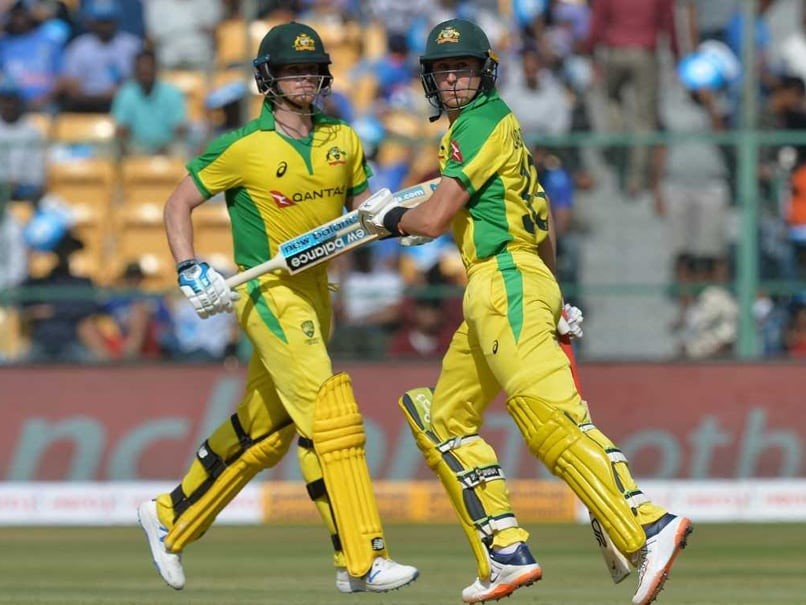
Marnus Labuschagne Caught Off-Guard By ODI Captain Call After Steve Smith Snub
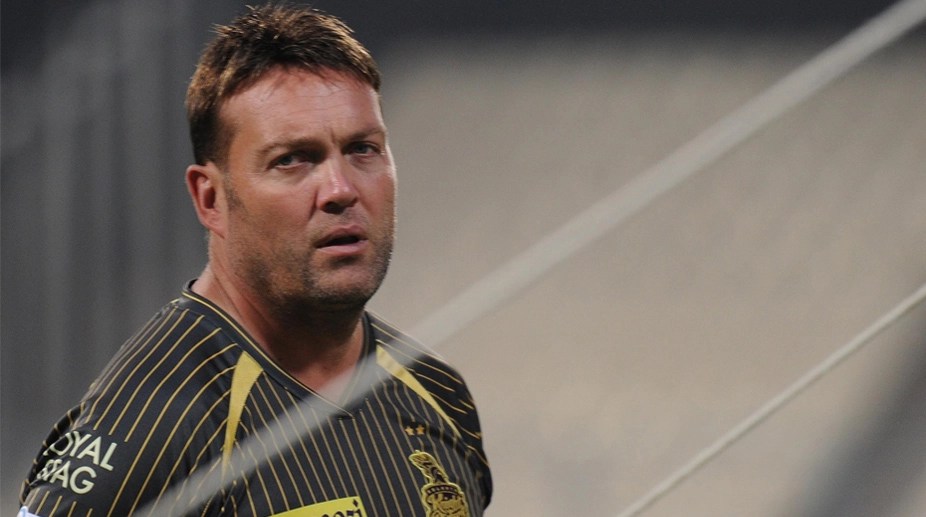
Everyone Is Looking Forward To It, The Standard Will Be Very High – Jacques Kallis On CSA’s SA20
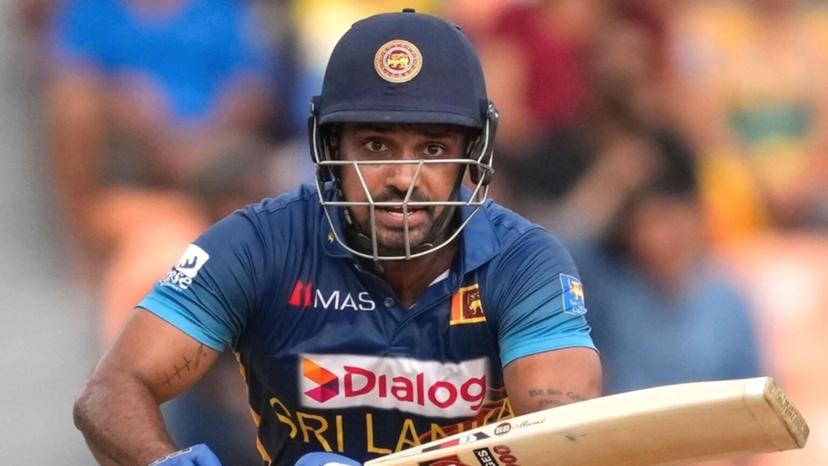
Danushka Gunathilaka Granted Bail On Sexual Assault Charges
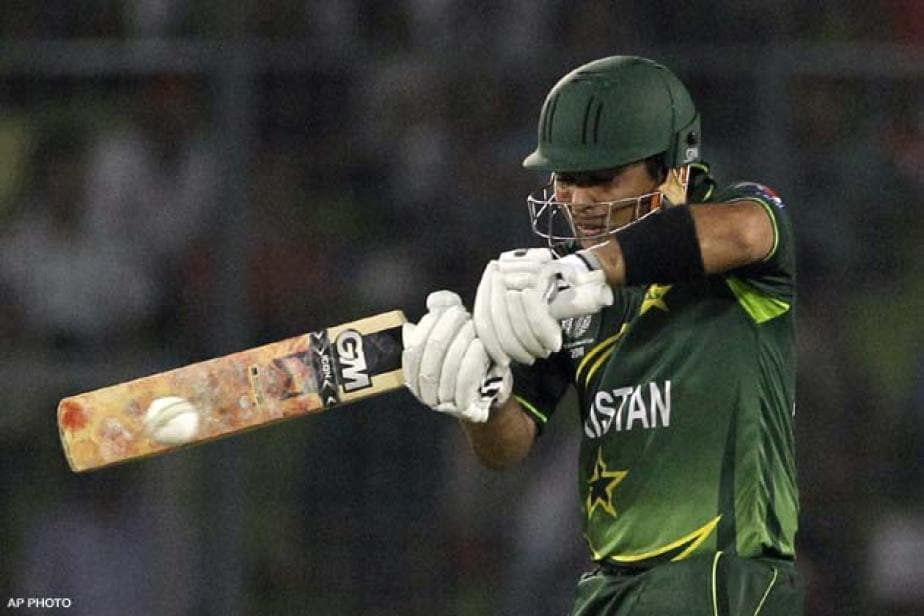
Ramiz Raja Sends Legal Notice To Kamran Akmal For Defamatory, False Claims Against The Board
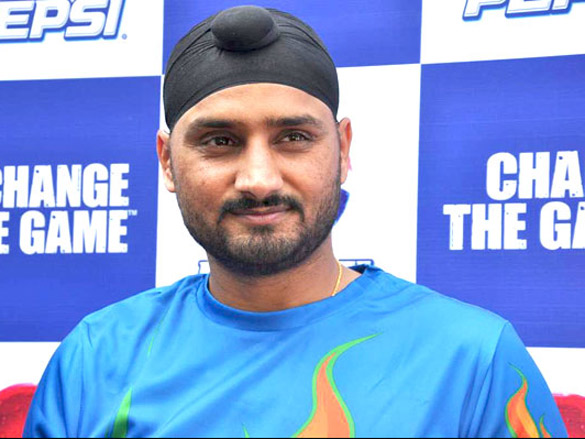
Harbhajan Singh Reckons Mumbai Indians Should Release Kieron Pollard Ahead Of The IPL Auction 2023
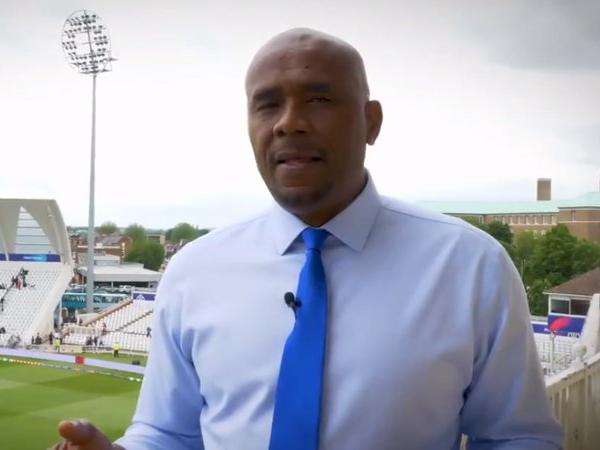
Ian Bishop Praises Sam Curran For His Performances On Bouncy Australian Tracks

Why Choose A Career In Child Psychology?